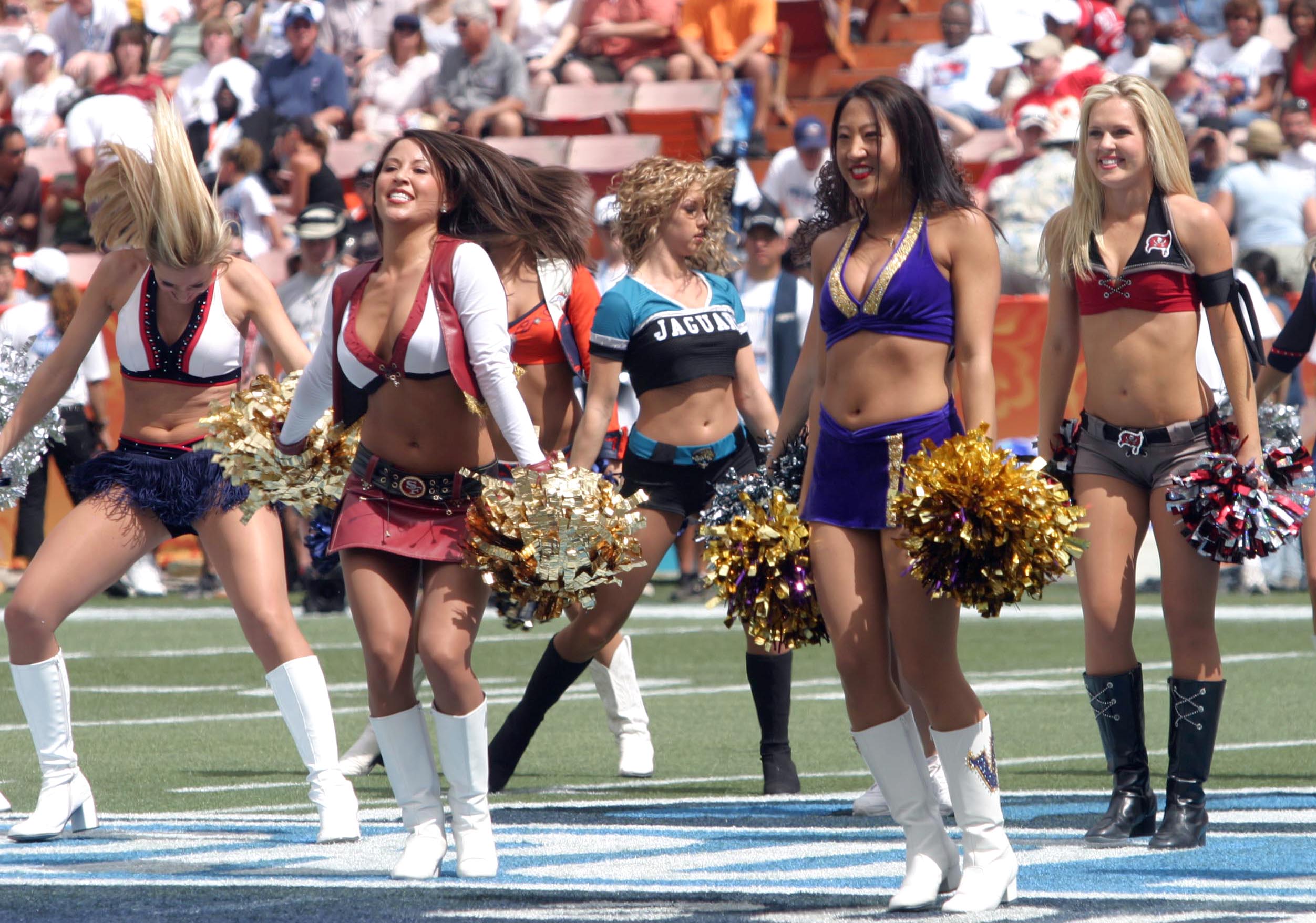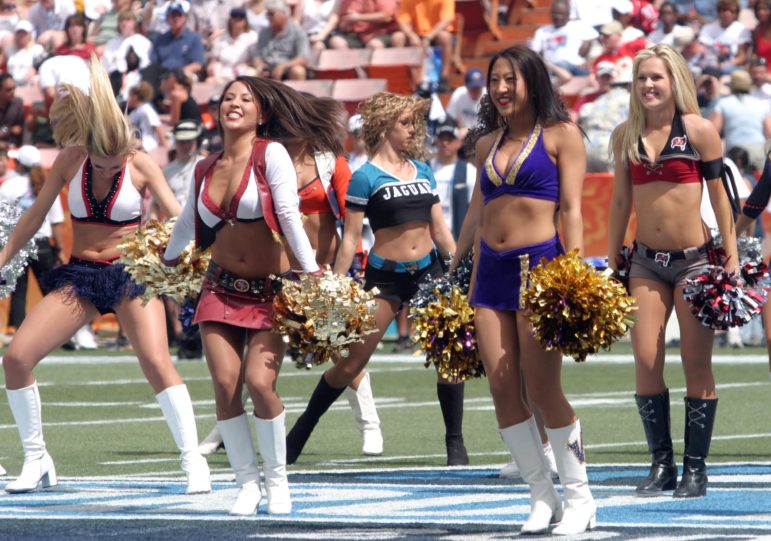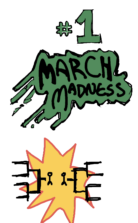

I’ve been cheering at Aragon for three seasons across two years. I’ve been through two classic Bring It On type cheer camps — we got the spirit stick, by the way. However, following college, my cheer career is essentially over, as professional cheer options are limited.
Cheerleading is sorted into two main categories: competitive and sideline, both requiring immense skill and coordination. Competitive cheer highlights athleticism primarily through stunts and tumbling, while sideline cheer features it with peppy dances and chants. The National Football League’s cheerleading falls into the latter category.
The NFL advertises making the cheerleading team as an honor: few are able to say they’ve cheered for a six time Super Bowl Champion team or in front of a 65,000 person audience. But, this pride often leaves cheerleaders overlooking the league’s unfair pay and peculiar regulations, incomparable to the NFL’s players and other employees. This leaves cheerleading a job plagued with disregarded issues and many unjust policies.
Cheerleaders are considered independent contractors, and thus, the NFL is not required to pay for work expenses, such as customized uniforms for game days. Some teams, such as the Patriots’ cheerleaders, supply the customized uniforms, but don’t allow members to keep them.
Cheerleading for the NFL is considered a part-time job, with strict hours five days a week. Even more, most cheerleaders work outside jobs, either to gain experience before joining the workforce full time or to supplement the low pay from cheerleading. Despite the NFL’s expectation that most cheerleaders will work another job, cheerleaders are allowed no exceptions for missing rehearsals. The job entails a maximum of 30 hours a week, just 10 short of being considered a full time job. Considering the hours, one would assume that cheerleading would make up the majority of a liveable wage, yet cheerleaders can be paid as low as $75 per game. The presumption that cheerleaders can make time for all expected events without an equivalent wage is unreasonable. The NFL should not allow the pride of being a beloved cheerleader to replace fair wage.
In 2014, a group of former Buffalo Jills (the cheerleading team for the Buffalo Bills) seeking compensation for their work filed a lawsuit against the Jills’ managers, the Bills and the NFL. Soon after the lawsuit was filed, the Jills were disbanded and remain out of commission to this day. The lawsuit was never settled. Unjust pay in the NFL cheerleading has gotten media attention as well. A 2019 documentary, A Woman’s Work: The NFL’s Cheerleader Problem, highlights the Jills lawsuit and a similar lawsuit with the then Oakland Raiderettes, with a $1.25 million settlement for unfair compensation and pay withholding.
“[T]he NFL must take accountability for all employees under the franchise name and provide equal and fair benefits for them, cheerleaders included”
Cheerleaders are also expected to abide by often arbitrary rules that are allegedly in place to assure their safety.
A New York Times article detailed the strict policies regarding social media: cheerleaders are unable to follow players, an add on to the rule prohibiting cheerleaders from associating and speaking with players, and may not post pictures in uniform on their pages. The Times also detailed a Equal Employment Opportunity Commission complaint filed by former Saintsations cheerleader Bailey Davis, who was fired on the basis of an Instagram post to a private page deemed inappropriate by the New Orleans Saintsations, and thus against their handbook.
Though these strict regulations are forced upon cheerleaders as a form of protection — limited social media leaves little room for acquiring stalkers or harassment from players who fancy them — they cultivate gender discrimination. The league only started doing background checks on prospects in 2016, after many current or former players were accused of sexual assault or domestic violence.
In a 2013 calendar photoshoot trip to Costa Rica, nine out of 36 Washington Redskins’ cheerleaders were told to get ready for some male sponsors who had chosen them to be their personal escorts at a nightclub. Sponsors were also invited to watch the photoshoot, as cheerleaders posed in semi-nude attire. In a Times article detailing the photoshoot trip, many cheerleaders recalled a social pressure to attend the events, not given the opportunity to opt out, but simply told to abide. Fundraiser and community outreach trips, such as this one, promote the outdated cliché that women, instead of employers, must protect themselves in a workplace. Instead of leaving cheerleaders to fend off harassment themselves, the NFL should mandate proper protection from fans, sponsors and players, instead of forcing them to tolerate the harassment.
All in all, cheerleading for an NFL team is seen as an honor, and most are able to overlook the strict regulations that come with being on a team. While peppy cheerleaders are a prime part of the game day experience, for most viewers, the NFL must take accountability for all employees under the franchise name and provide equal and fair benefits for them, cheerleaders included.



